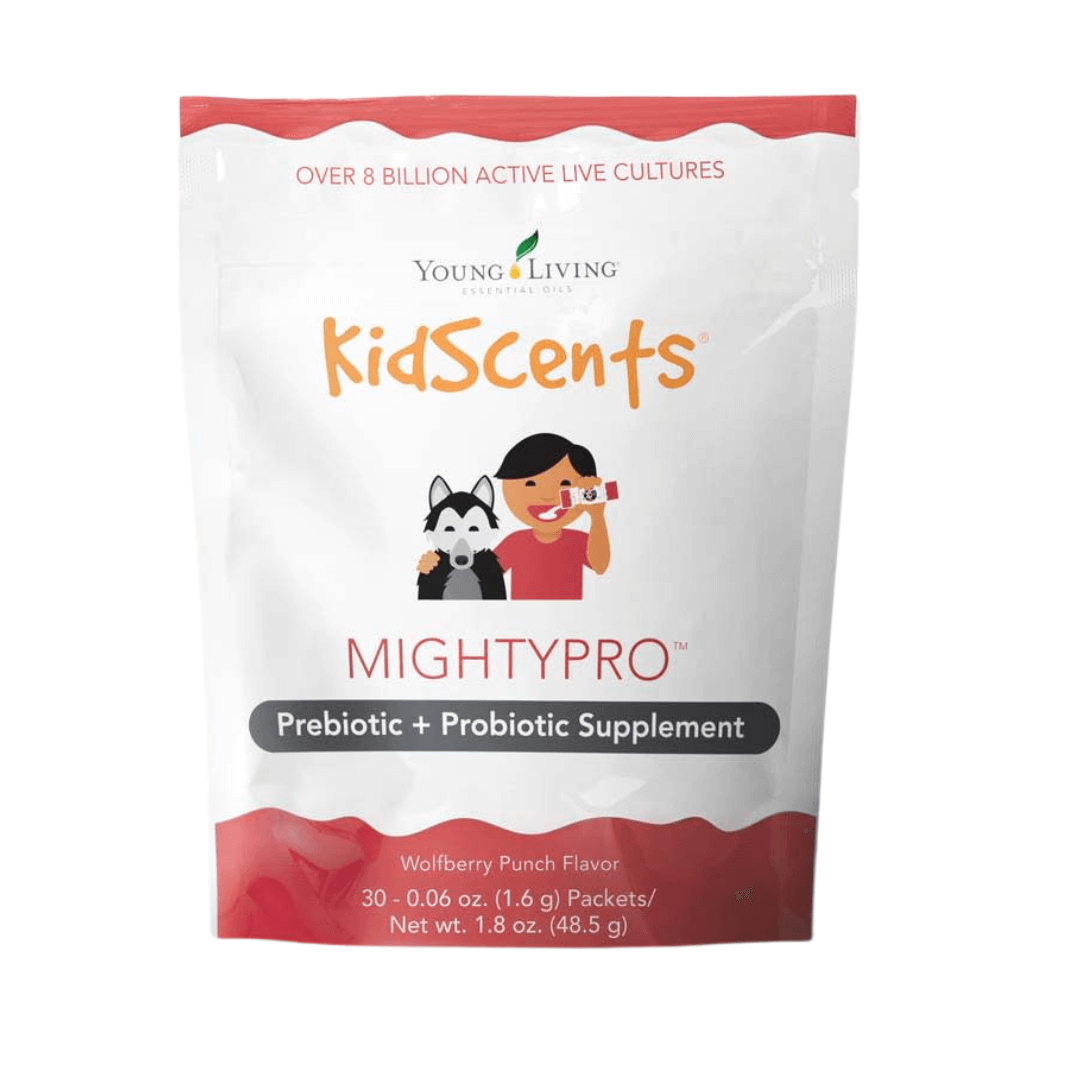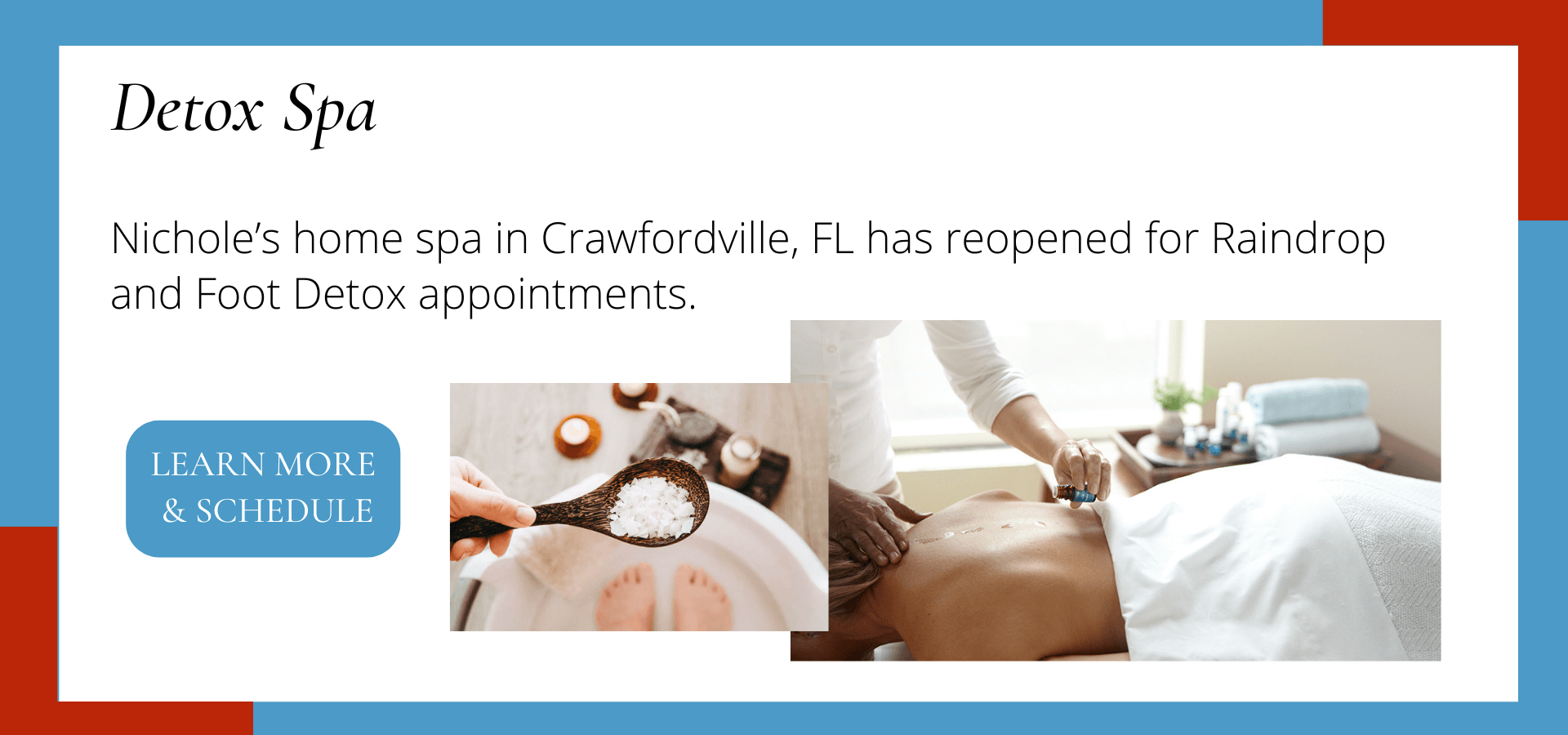

Raising Healthy Kids in a Toxic World
Raising naturally-minded kids in today's toxic world is a challenge, especially with the plethora of advertising for toxic products and foods aimed right at our youth (ever notice that many sugary, dye-filled foods are placed on shelves right at the eye level of our mini counterparts?). Then there's the added challenges of school cafeterias, vending machines, and friends' houses. You can't control all of it, so what's the best approach to ensure your children not only know how to make healthy choices, but actually want to?
One of the simplest ways to teach children to avoid toxic ingredients in food and household products is by involving them in the process of reading labels. Make it a fun and educational activity by turning it into a game where they look for harmful ingredients like artificial colors, preservatives, and high-fructose corn syrup in food, or parabens and phthalates in personal care products. Teach them about synthetic fragrances and how they impact the body. By understanding what these ingredients are and why they should be avoided, children can develop a keen eye for healthier options.
Fostering a desire to make healthy choices starts with leading by example and creating a home environment that prioritizes natural living. Cook meals together using fresh, organic ingredients and explain the benefits of each component. Encourage outdoor activities and limit screen time to promote physical health and a connection with nature. Tend a garden together or have them help you make natural cleaning products. Hands-on experiences like these can instill a sense of accomplishment and a deeper appreciation for natural alternatives.
Most importantly, keep open communication with your kids about living a healthy lifestyle. Discuss the reasons behind choosing natural products and healthy foods, emphasizing long-term benefits like better health, environmental sustainability, and overall well-being. Encourage questions and provide age-appropriate answers to help them understand the importance of these choices. By creating a supportive and informative environment, you can empower your children to make mindful decisions that align with a naturally-minded lifestyle.


KidScents MightyPro
a great tasting blend of prebiotics and probiotics specifically formulated for children.*



Thieves Stain Stick Hack
Kids are messy! Let's face it...adults are too. I stopped wearing white shirts because I can't seem to avoid staining them the very first time I wear them. For all my other stains on all my other colors (oh yeah, and the kids' stains too), I keep a bar of Thieves soap in my laundry room.
Here's how I use it: Just slightly wet the bar of soap, rub on the stain, and toss in the wash with Thieves Laundry Soap (my hack for stretching and boosting the Thieves Laundry Soap is a tip for another day).
Give it a try and let me know how it worked for you!
Do you have a tip you'd like to share for our monthly newsletter? We'd love to hear from you!
Send suggestions to 1natureatitsfinest@gmail.com


SPOTLIGHT ON KIDSCENTS TOOTHPASTE
Young Living KidScents Toothpaste's gentle cleaning ingredients help fight plaque, clean children’s teeth, and remove buildup to support healthy-looking gums—all while remaining fluoride and SLS free.
If you've never used it, we'd love to send you a free sample of KidScents Toothpaste for you or your child to try! Click here to request yours!
Watch our Facebook group for drops of information on KidScents Toothpaste throughout the month.

YL30 Anniversary Convention
July 17-20
Celebrating 30 years of Young Living with new product launches, farm experiences, and exciting announcements!

Southwood Market
3196 Merchants Row Blvd, Tallahassee, FL
July 28th 10:30am-1:30pm
We will be there representing Young Living!













